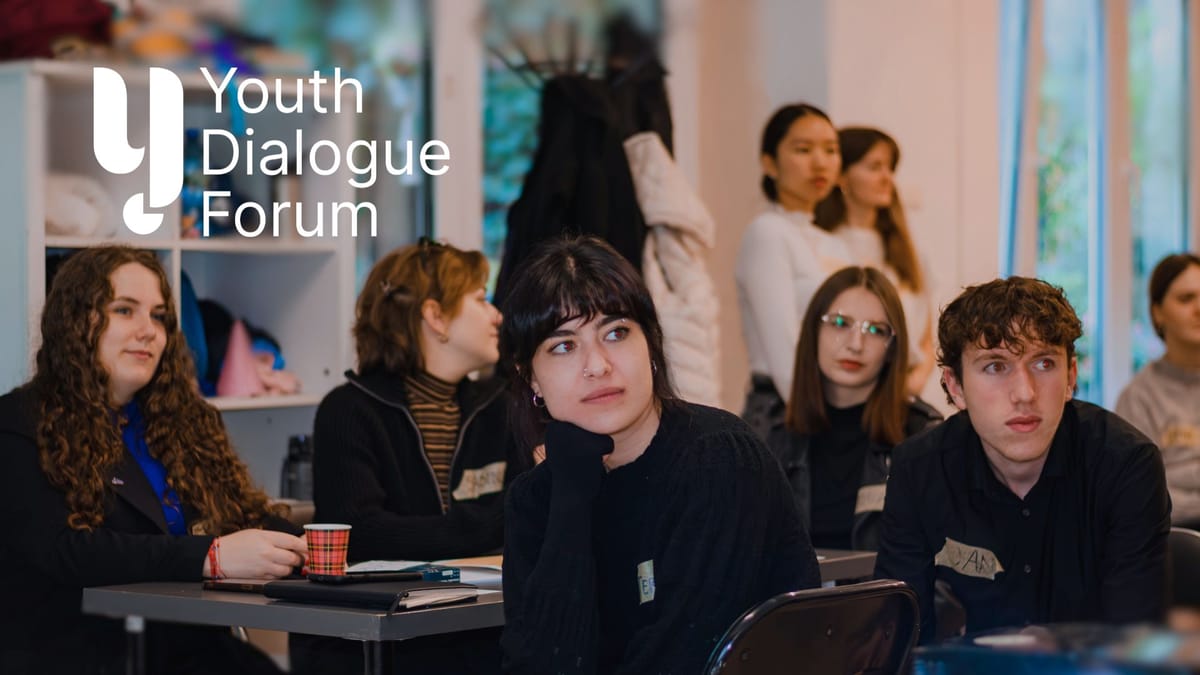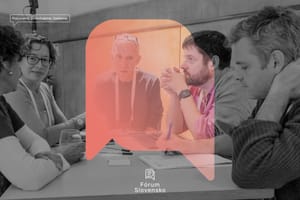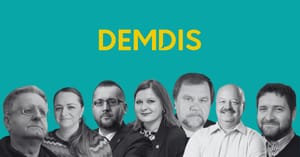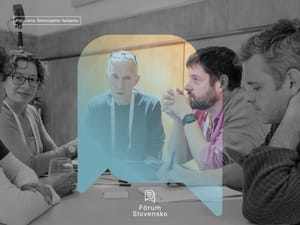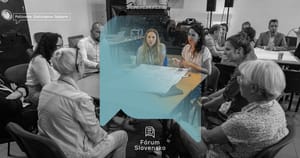In the first discussion, young people across V4 gave us a clear message: misinformation messes with our lives, relationships, communities. They feel frustrated, confused, and tired of trying to explain (sometimes obvious) things to others. At the same time, it is very clear that young people don’t want things to be like this and want to be a part of the solution.
Now it’s time to move to the next step. Instead of focusing on big institutions or platforms we can’t do much about, let’s ask a simple question: What can young people actually do for themselves and for one another? If we want better spaces, we have to make them. How can we help each other, online and offline, in the classroom or in the group chat, how can we help our families and friends?
Join this second international conversation and let’s find out what works, what does not, and what we can do together.
Vote on 35 statements and gain the chance to join us at the live forum in Krakow (23.-25.1.2026) - all costs covered.
This discussion is anonymous and open until 14th of December 2025.
Why do we ask?
The results of the first discussion very clearly showed us three things:
- We agree on the problem. Young people consider misinformation a real issue.
- We feel its impact. It affects friendships, family arguments, trust, and the way communities stick together.
- We want practical ways to deal with it. Many participants said they feel powerless or unsure what actually works.
This follow-up conversation focuses on everyday what-to-dos. We cannot influence government policies of censorship debates, but we can help each other figure this out. We can find ways to take real action: stay informed, talk calmly and avoid unnecessary conflict.
Your ideas will help us create a catalogue of young-people-to-young-people strategies that are realistic, relatable, and useful across all V4 countries.
Misinformation means false or misleading information that people share, often without realizing it’s untrue. Unlike disinformation, which is spread on purpose to manipulate or deceive, misinformation usually spreads because people trust the source or want to help.
What are we going to do with the results?
The results of this second discussion will help us find practical solutions that young people find useful. These insights will directly shape:
- the design of the live Youth Dialogue Forum in Krakow,
- the facilitation framework (the framework in which we are going to be discussing things),
- the recommendations we will co-create at the event,
- and peer-learning materials shared back with the ambassadors and communities.
Each ambassador will receive summaries showing how young people in their network think about coping with misinformation and supporting one another.
This is where the shift happens:
From a clear definition of the problem to finding specific solutions that work for those that need them.
Any other questions? Great! Have a look at the links below.
About YDF 25 | Rulebook of YDF 25 | Results of YDF 24
The project is co-financed by the governments of Czechia, Hungary, Poland and Slovakia through Visegrad Grants from the International Visegrad Fund. The mission of the fund is to advance ideas for sustainable regional cooperation in Central Europe.


